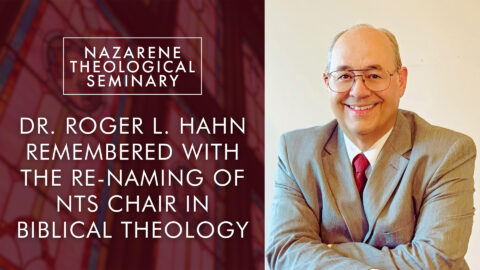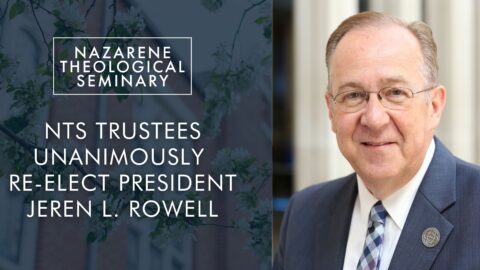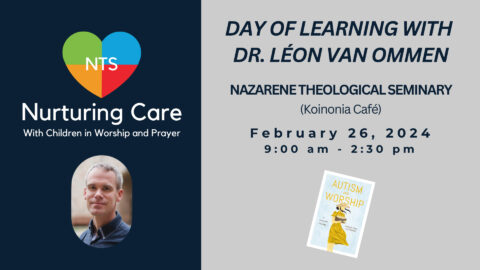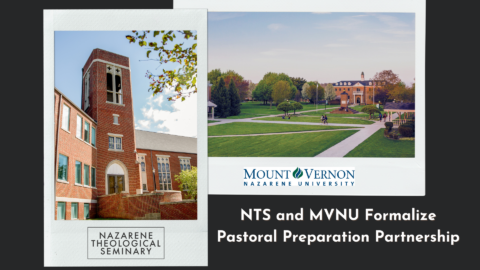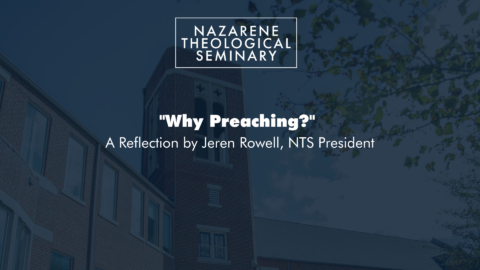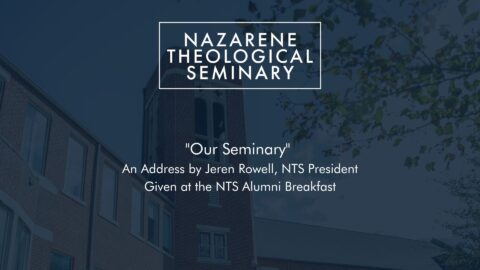October 1, 2020
Salt has quite a history. Egyptian, Phoenician, and Roman cultures each utilized salt as a central component of life not only for its practical uses but also in trade and religion. Chinese culture routinized salt’s medicinal properties. Salt became a cornerstone of economic and political power for many societies, including Great Britain, which gave impetus to Mahatma Ghandi’s “march to the sea,” also known as the “salt march” in protest of the British Salt Act of 1882.
When Lewis and Clark’s Corp of Discovery made it to the Pacific coast, the terrible weather prevented them from doing much else than hunting for food and making salt to preserve meat for the trip back home. We continue to be well acquainted with the need for salt, of course. We understand its value for preservation, seasoning, and healing. There is a visceral connection between salt and life.
No doubt this is why we find the image of salt in the teaching of Jesus. In the Sermon on the Mount, Jesus describes his followers as “the salt of the earth” (Matt. 5:13). Jesus also declared that “everyone will be salted with fire” (Mark 9:49) before admonishing all of us to “have salt among yourselves, and be at peace with each other” (v. 50). Perhaps this is what Paul was remembering when he wrote to the Colossians, “Let your conversation be always full of grace, seasoned with salt” (Col. 4:6).
It is clear that “being salt” or “having salt” has something to do with faithfulness to the Gospel of Jesus Christ. Our “saltiness” in the world should not be that which sets people on edge or exacerbates the pain of open wounds. Our saltiness should be that which cleans, heals, preserves, and offers grace.
Perhaps this is what Dr. J. B. Chapman had in mind when he expressed concern over the quality of pastors for the growing Church of the Nazarene. During the Superintendent’s Conference of 1944, Dr. Chapman delivered “A Nazarene Manifesto”[1] that included a call for “a ministry of caliber sufficient to meet . . . the opportunity.” He went on to say, “Many of the preachers in our own churches are even now trying to preserve more meat than their salt will justify.”
Chapman centered this lack of “saltiness” squarely upon a lack of sufficient education. He said, “I believe all of our preachers intend to be orthodox in the content of their faith, but they are shallow both in experience and in study.” It was from this concern that Dr. Chapman pressed his vision for the creation of a Nazarene Seminary. As thankful as he was for the work of the colleges, he had the vision to see that “we must have [those] who have gone down to the foundations of doctrinal research and who have become scholars without becoming compromisers.”
This is precisely the task that forms the mission and guides the work of Nazarene Theological Seminary. While we certainly share in the task of training and preparation for ministry, our essential task is to form ministers of the gospel who are rooted deeply in the Scriptures and in the historic Christian faith. Consequently, as a graduate school of theology, we engage the spectrum of Christian tradition and complementary disciplines in order strike the via media (middle way) of Wesleyan thought and practice.
Wesley’s notion of via media was far more robust than what many seem to have in mind when they use the term today. It is not about simple compromise or “path of least resistance” between extremes. Wesleyan theological reflection is willing and able to garner the energy that is created in the tension between opposing ideas. These dialectics provide the necessary pressures that, when properly guided, develop a secure faith that is not rigid but confident in the transformative power of the gospel.
NTS was not raised up simply to indoctrinate parochial managers for the denomination. We are “committed to grounding students in the classical and applied theological disciplines for the practice of ministry. We affirm Holy Scripture as the primary, final and decisive norm of teaching, while making full use of tradition, experience and reason as tools in biblical interpretation and theological formulation” (Purpose, from NTS Academic Catalog).
This is the work that is required to make our ministers “salty” enough to be capable of engaging the unique challenges of our time with a wisdom that is born of revelation, knowledge, experience, and the courage “to contend for the faith that was once for all entrusted to the saints” (Jude 3). There is no doubt that this worthy task involves some risk. A few may go to extremes and some may leave our group for other traditions. This reality is not sufficient reason to become fearful and protective. It actually calls for fearless confidence in the power of our Nazarene message of holiness of heart and life.
Dr. William Greathouse, our fourth president, said it simply: “To put the matter in one sentence, the task of the Seminary is to help the Church understand and realize its task.”[2] He went on to challenge, “We must overcome the suspicion that theology is simply ivory tower speculation. It is the bread and butter of the Church.”[3]
Or to put it another way, it is about helping today’s servants of the gospel to have sufficient salt to resist the corrupting ways and means of this world and to preserve instead a church that knows how to live in this world as an authentic expression of the redeeming love of God in Christ Jesus.
We have a good Church and a hope-filled message. Just needs a little more salt.
Jeren Rowell, President and Professor of Pastoral Ministry
Nazarene Theological Seminary
[1] https://www.whdl.org/sites/default/files/4.%20chapmanmanifesto.PDF
[2] Greathouse, W. Nazarene Theology in Perspective. (Kansas City, MO: Nazarene Publishing House, 1970), p. 31.
[3] Ibid, p. 32.





